Joe On Apartheid
Senator Joe R. Biden vs. President Reagan's Secretary of State George P. Shultz on Apartheid South Africa
(This article was published on January 12th, 2024; information regarding the Israel–Hamas War is outdated)
The term “apartheid,” an Afrikaans word meaning “apartness,”
Hello FunnymanWarRoom newsletter subscribers, it’s been a while, and this essay/post is the longest one I’ve ever written for here. It’s not that funny of a post, but I hope you get something informative out of it.
The day this comes out(1/11/2024), the International Court of Justice will be hearing the opening statements of the case known as “South Africa v. Israel(Genocide Convention)” in public hearings at the UN’s Peace Palace in The Hague. The Republic of South Africa accuses the State of Israel of committing genocide in Gaza in violation of the Genocide Convention.
For those uninitiated, for this case, I think it’s important to consider the history of the Republic of South Africa, the nation that initiated these proceedings, so I’m going to try my absolute best to condense a lot of their modern history, but obviously don’t use me as a primary source.
The British Empire effectively let go of South Africa in 1910, immediately following the formation of the “Union of South Africa,” uniting the British Southern* African claims of Cape Colony, Natal, Transvaal, and the Orange Free State. Though the forming of this union marked the end of the 104-year(1806-1910) direct British rule of this beautiful part of the world, South Africa remained a British Dominion until it became a republic in 1961.
The colonial period before apartheid wasn’t exactly peaceful. To “get” those aforementioned territories 5319 miles from the island of Great* Britain, the British clashed with the Xhosha over a hundred-year period while also occupying the Cape in the Xhosha Wars(1779-1879) in response to the Napoleonic French Empire’s occupation of the Netherlands; the Dutch East India Company was under threat, and the British sought to safeguard their route to the East Indies. A century later, The British Empire invaded the Zulu Kingdom in 1879, annexing the entire territory of the Kingdom and Establishing the Colony of Natal. The British did also fight some fellow white/Afrikaner people in the First (1880-1881) and Second (1899-1902) Anglo-Boer Wars, annexing the two Boer republics of the “South African Republic (Transvaal),” and the “Orange Free State,” while also inventing the first ever concentration camps during the Second Anglo-Boer War in 1900, used to contain both Africans and Boers.
The brutal guerrilla warfare and scorched-earth policies conducted by the British in and on farms in Boer territory during the Second Boer War, in many ways, could help you understand the bloodied founding myth of Afrikaner nationalism. The war, without a doubt, exacerbated racial tensions in South Africa. The tactics used by the British during the war and the following economic disenfranchisement of Afrikaners deeply embittered them against British/Cape Brit'(s)/pommies, leading to a political system characterized by between British-dominated and Afrikaner-dominated parties, with still no representation granted to the thousands of Indian indentured laborers living in the colony/dominion, nor any representation given to the vast majority of the South African population: indigenous black Africans.
The National Party (NP) of South Africa was established in 1914 from the emergent Afrikaner nationalist movement. Its initial expressed goal was to protect the survival of Afrikaner (Boer) culture and language and promote Afrikaner interests in and throughout South Africa. The NP briefly merged with the South African Party to form the United Party in 1934, but a faction led by D.F. Malan broke away to reform the NP in opposition to South Africa's involvement in World War II.
Joe Biden was also born on November 20, 1942.
The National Party that broke away came to power over the United Party in 1948 under that same D.F. Malan's leadership. Its 1948 general election victory is often considered a reflection of Afrikans' grievances towards growing urbanization and a narrative of perceived threats to “Afrikaner identity,” however the 1948 South African general election is also noted as the start of the Apartheid era, which lasted under the Nationalist Party’s successive rules of D.F. Malan(1948-1954), Johannes Gerhardus Strijdom(1954-1958), Hendrik Frensch Verwoerd (1958-1966), Balthazar Johannes Vorster (1966-1978), Pieter Willem Botha (1978-1989), and Frederik Willem de Klerk (1989-1994), of which all were Nationalist party leaders, ruling the nation until the country’s first democratic elections held on 27 April 1994 (Freedom Day) in which civil rights advocate and African National Congress leader Nelson Mandella was made president soon after.
South Africa’s National Party explicitly ran on a platform that centered on the policy of apartheid. When the party came to power in the 1948 general elections, it did so with a clear commitment to implement apartheid, a system of institutionalized racial segregation and discrimination. The party's leaders argued that apartheid was necessary to maintain the separation of races and protect the identity and culture of the Afrikaner (white, primarily Dutch-descended) population.
Racial segregation landed and existed from the moment Europeans first settled in South Africa in mass, but upon gaining power, the National Party began to formalize and systematize the institutionalization of the nation’s modern racial segregation. The party implemented a range of policies under the system of apartheid, which had severe and lasting negative impacts on the non-white population of South Africa. Here are some of the most notable and egregious actions and policies enacted by the NP:
1.) Population Registration Act (1950): This law required all South Africans to be classified by race, leading to widespread discrimination and loss of rights for the non-white population.
2.) Group Areas Act (1950) enforced physical separation between races by creating designated areas where each racial group could live. It led to forced removals and the destruction of multiracial communities like District Six in Cape Town.
2.) Immorality Act and Prohibition of Mixed Marriages Act: These laws banned marriages and sexual relationships between different racial groups.
3.)Bantu Education Act (1953): This established a separate and grossly inferior education system for Black South Africans, designed not to educate but to prepare them for labor or subservient sedentary roles at best.
4.) Pass Laws: The SA Govt. enforced strict pass laws that controlled the movement of Black South Africans—failure to produce a pass often led to arrest and imprisonment.
The Pass laws include:
4a.) The Native Labour Regulation Act of 1911 was one of the first laws to require Black workers in the mining industry to carry passes.
4b.)The Native (Urban Areas) Act of 1923: This act formalized residential segregation and controlled the movement of Black South Africans in urban areas. It required Black people to carry passes when in urban "White" South Africa.
4c.)The Native Laws Amendment Act of 1937: This law tightened pass requirements by restricting the conditions under which Black people could live in urban areas and requiring all Black men in cities and towns to carry passes.
4d.)The Natives (Abolition of Passes and Coordination of Documents) Act of 1952: Commonly known as the Pass Laws Act, this legislation required all Black South Africans over the age of 16 to carry a "reference book" (effectively a passbook) containing personal information and employment records. It expanded the pass system to women and intensified the restrictions on movement.
4e.) The Urban Areas Consolidation Act of 1945: This and its subsequent amendments further enforced residential segregation and the requirement for Black South Africans to carry passes.
5.) Creation of Bantustans: The government established 'homelands' or 'Bantustans' for different Black ethnic groups. These areas were underdeveloped and lacked proper infrastructure and services.
6.) Suppression of Political Opposition: The NP government banned opposition parties like the African National Congress (ANC) and the Pan Africanist Congress (PAC) and imprisoned anti-apartheid leaders, including Nelson Mandela.
7.) Sharpeville Massacre (1960): The police shooting of 69 unarmed Black protesters in Sharpeville was one of the most brutal examples of state violence against anti-apartheid activists.
8.) Soweto Uprising (1976): A student protest in Soweto against the compulsory use of Afrikaans in schools was met with violent repression, resulting in the deaths of hundreds of young students.
9.) Widespread Use of Torture and Extrajudicial Killings: The government used torture, extrajudicial killings, and other forms of violence against political activists and opponents.
10.) Censorship and Control of Media: The NP government heavily censored the press and controlled media to suppress opposition and maintain its apartheid propaganda.
11.) Economic and Social Disparities: Apartheid policies led to significant economic disparities, with the non-white population facing systemic poverty, limited job opportunities, and poor living conditions.
12.) International Isolation: South Africa faced international condemnation and sanctions due to its apartheid policies, leading to significant economic and diplomatic isolation.The Apartheid faced increasing internal resistance, notably from the African National Congress (ANC) and other political and social movements. Internationally, apartheid was condemned, leading to economic sanctions from the international community, global boycotts, Condemnation from religious orders, and student divestment efforts on college campuses targeted at companies doing business in South Africa, with all of these national and international anti-Aparthied tendencies reaching a breaking point in the mid-1980s, especially regarding the Apartheid South African regime’s relationship and findiancial dependence on the United States.
Now, I’ll talk about what I promised in the title and subheading.
Joe “Brandon” Biden is an 81-year-old man who was goaded into being the 46th President of the United States, and he’s the 45th man to hold that office. But obviously, he wasn’t always the President, and it's honestly surprising that his early years aren’t talked about a lot in the media or aren’t super present in the “cultural zeitgeist” at all. Still, it might also be because he’s also been here forever(he literally joined the Senate during the Nixon administration).
Joseph Robinnete Biden Jr. graduated from Syracuse University College of Law in 1968; Joey worked as an attorney. Initially, he practiced at a law firm but soon shifted focus to public defender work and then started his own firm. Soon after, Biden's political career began in 1970 when he was elected to the New Castle County Council in Delaware, and in 1972, Biden was elected to the United States Senate from Delaware. At the age of 29, he was one of the youngest people ever elected to the Senate. Just weeks after being elected the junior senator from Delaware, Joe Biden's first wife, Neilia, and 13-month-old daughter, Naomi, both died in a tragic car accident on December 18, 1972. He served in the Senate from 1973 to 2009 before becoming Vice President of the United States.
During his tenure in the Senate, Biden held several highly significant positions, including Chairman of the Senate Judiciary Committee, and for the purposes of this message to you, he was also the Chairman of the Senate Foreign Relations Committee, of which he was only a member in 1986 during President Ronald Regan’s Administration.
On July 23, 1986, Reagan’s Secretary of State, George Shultz, met with members of the Senate Foreign Relations Committee(of which Biden is a member) on the basis of intensifying U.S. sanctions on Apartheid South Africa, against the wishes of the Reagan Administration amid popular bipartisan public disapproval of the Apartheid South African Regime.
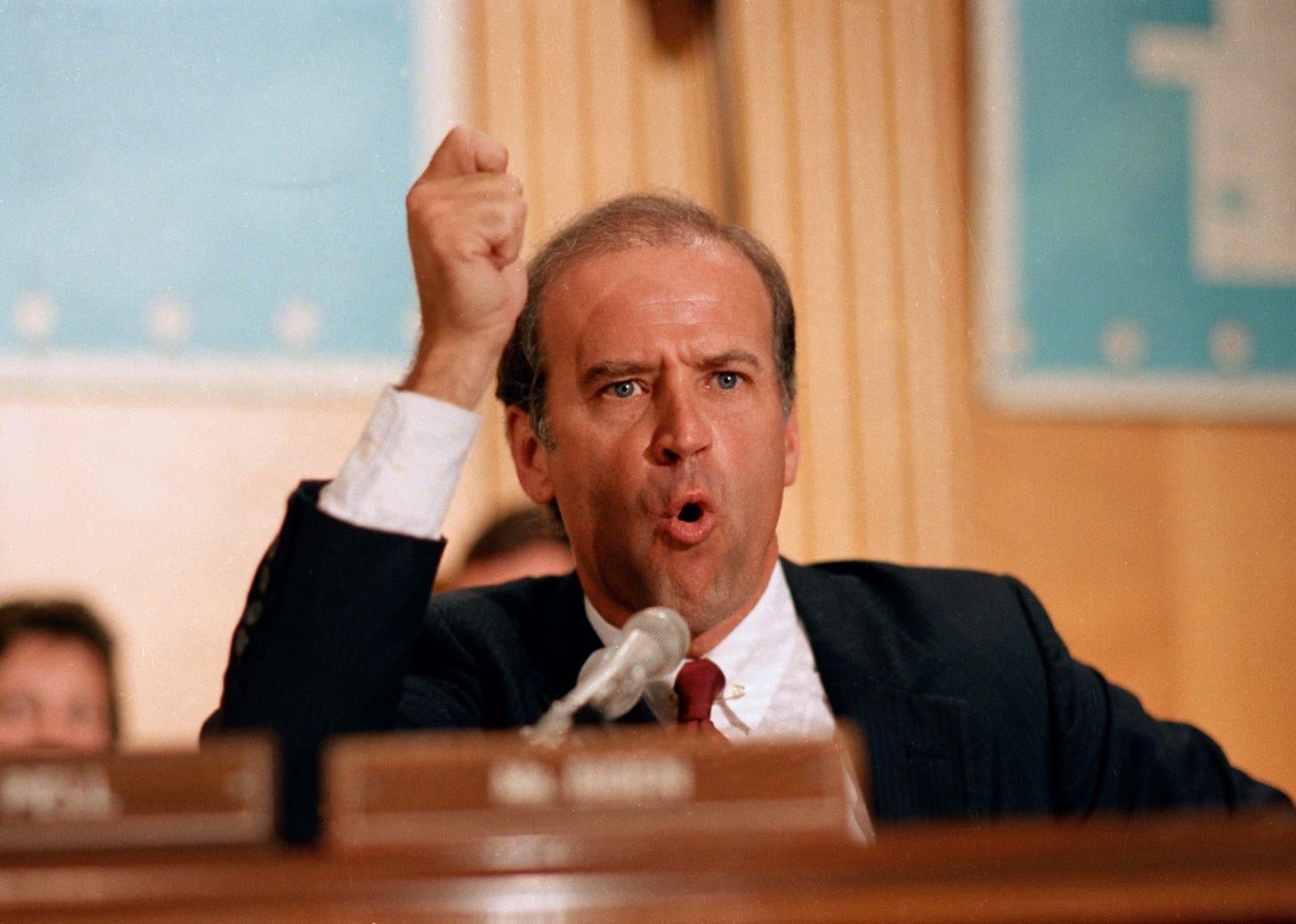
A day after the hearing, the LA Times noted that:
“An especially bitter exchange erupted when Sen. Joseph R. Biden Jr. (D-Del.), his voice rising with indignation, accused the Administration of siding with the ruling white regime in Pretoria--which he called “some stupid puppet government”--against South Africa’s black majority.”
For the next chunk of this article/post thing, I will be clipping from a transcript of this “especially bitter exchange” provided by the Washington Post. I really do suggest you watch the video of this exchange in full below, provided by your tax dollars(link to the full CSPAN hearing here). However, when you hear our now President and then Delaware senator speak, it’s good, it’s right, but the rhetoric can very well and should also apply to something else.
Biden: But these people are dying. His people are dying. You feel frustration, they're dying. They are being shot . . . . Children are -- they are lining up and shooting children.
Shultz: It's a terrible situation and what we need to be thinking about . . .
Biden: Is what to do about it.
Shultz: . . . is what to do about it.
Biden: What disturbs me, and I'll try not to be disturbed, is not merely . . .
Shultz: Remember, I'm a taxpayer. Just because I'm secretary of state, you can't kick me around, I'm a taxpayer.
Biden: I understand that, Mr. Secretary. But I want to tell you something. What disturbs me more than the policy that you call a policy is the rationale for the policy. You set out four principles that you adhere to and I will go over them in a moment. Then you say on page 14 of prepared statement , "We must not become part of South Africa's problem. We must remain part of their solution. We must not aim to impose ourselves, our solutions, or our favorites in South Africa."
Damn it, we have favorites in South Africa. The favorites in South Africa are the people who are being repressed by that ugly white regime. We have favorites. Our loyalty is not to South Africa, it's to South Africans. And the South Africans are majority black, and they are being excoriated. It's not to some stupid puppet government over there. It is not to the Afrikaner regime. We have no loyalty to them. We have no loyality to South Africa. It's to South Africans.
And the fact of the matter is . . . it is the leaders of South Africa and their people, black and white, who have the majority responsibility. They must rise to it. Well, they are rising to it. They are rising to it with the only thing left available to deal with that repulsive, repugnant regime of Afrikaners there. They have begged; they have borrowed; they have crawled, and now they're taking up arms.
Second thing, progress toward peace requires a timetable . . . . What is our timetable? What are we saying to that repugnant regime? Are we saying you've got 20 days, 20 months, 20 years? We ask them to put up a timetable. What is our timetable? Where do we stand morally?
Thirdly Biden quotes Shultz's testimony , "The choices before black South Africans are equally clear: To avoid an easy descent into violence, terrorism and extremism; to demonstrate by their action they understand the need for compromise." Hell, they've tried to compromise for 20 years. They tried everything, everything in their power. And look what's happened to them. They are being crushed.
And then you say, "The fourth principle is that our policies and those of our allies should ensure that expanded political liberties in a postapartheid South Africa are accompanied by an expansion of economic opportunities for all -- all -- South Africans."
Mr. Secretary, maybe it's because I come from the civil rights movement in this country. We sat there and we heard the same kind of arguments. The same exact arguments: "We cannot impose from the North a solution on the South. They must work out their problems, black and white together. We cannot as a nation expose them to the economic ravages that will come. We must consider what will happen after segregation before we eliminate segregation.' My Lord, and finally . . .
Shultz: That is not an accurate parallel . . .
Biden: Let me read it.
Shultz: . . . because we don't say we have to consider what happens after apartheid before we end it. We have said again and again and again that it's an abhorrent system. And I can be just as emotional as you can about that. And it needs to end.
Biden: You cite four principles. I assume they're all equally important. You say, fourth, "Our policy and those of our allies should ensure that expanded political liberties in a postapartheid South Africa are accompanied by an expansion of economic opportunities." My God, worry about that when it comes. These people are being crushed and we're sitting here with the same kind of rhetoric, the same thing, we heard. We heard, "Go slow." We heard, "We have to take care of the problem afterward." We heard, "We can't oppose . . . "
Shultz: You are totally misconstruing the testimony that I gave. Furthermore, senator, let me say that I hate to hear a senator of the United States calling for violence.
Biden: I'm not calling for violence.
Shultz: That's what you're doing. That's exactly what you're doing.
Biden: I hate to hear an administration and a secretary of state refusing to act on a morally abhorrent point. I hate to hear this country -- I'm ashamed of this country that puts out a policy like this that says nothing. Nothing. It says, "Continue the same." We put no timetable on. We make no specific demand. We don't set it down. I'm ashamed that's our policy. That's what I'm ashamed of. I'm ashamed of the lack of moral backbone to this policy.
Shultz: I resent that. I resent that deeply because there is tremendous moral backbone in that policy on a bipartisan basis and has been for many, many years.
Biden: There's no bipartisan basis for this.
Shultz: There is. I doubt very much if there is any real disagreement with the objectives set out there, with the steps that have to be taken if there is going to be the kind of change you want. There is no other way but to get those things to happen. Now the question is, what can we do to get those things to happen, and I think I outlined a course that is there and also have tried to point up to you and the South African government the terrible situation they are creating for themselves.
Biden: Obviously the action has caused violence or at least has not stopped the violence. There is violence, overwhelming violence in South Africa today. If you want to avoid more, the former prime minister of Australia Malcolm Fraser is correct: let the South African blacks know that we stand with them foursquare.
Shultz: We do, we have let them know.
Biden: They don't believe it. And neither do I.
Shultz: Well, believe it or not, I must say I read my testimony a different way than you did.
Biden: That's exactly what you said.
Shultz: I'm surprised it could be read with those inflections . . . .
Sen. Richard G. Lugar (R-Ind.), chairman of the committee, then gave Shultz a chance to respond further to Biden.
Shultz: I said in my statement, and you picked it up and criticized it, that we shouldn't have favorites. What I meant by that was that we shouldn't be trying to pick out who should be the government of South Africa, who are the right blacks to be the ones to meet with. We'll meet with all comers, and there are lots of them. And it's a complicated situation. We shouldn't be trying to designate who the leaders are. We have to take them as they come . . . .
Biden: Let's be for the oppressed, whatever they happen to be.I agree with Biden; I think we should be for the oppressed, whatever they happen to be.
These senate hearings led to the Comprehensive Anti-Apartheid Act of 1986, which led to the imposing of economic sanctions against South Africa, prohibiting new U.S. investments in South Africa, bank loans to the South African government, and the import of certain South African products, most notably, the ban on Krugerrand Gold Coins, a major source of revenue for the country. The Act aimed to support nonviolent change in South Africa and called for the establishment of a nonracial democracy in the country.
One of the conditions for lifting the sanctions laid out in the 1986 act was the release of Nelson Mandela, the anti-apartheid leader and leader of the African National Congress, whom the South African government imprisoned for 27 years.
Initially, the President of the United States, Ronald Reagan, vetoed the bill, citing concerns about its effectiveness and potential impact on the South African economy and its neighboring countries. However, Congress overrode his veto, marking a significant bipartisan effort against apartheid. This was a rare occurrence and reflected the strong opposition to apartheid both within the U.S. political sphere and among the vast majority of the American public.
BBC: Nearly 100,000 Gaza buildings may be damaged, satellite images show
As of January 11th, 2024, the international human rights groups Amnesty International, Human Rights Watch, International Federation for Human Rights (FIDH), as well as Israeli human rights groups B'Tselem and Yesh Din, have all designated or accused Israel of apartheid.
As well as this, United Nations rights experts have stated that “Israel’s occupation of Palestinian Territories is ‘apartheid’”
None of these organizations are fringe, off-base, “far-left” antizionist or expressed antisemitic organizations like some Likud-aligned Israeli or Western commentators would like you to believe. These are serious claims from serious organizations demanding moral outcry for the repugnant actions of the Israeli government.
As of January 2024, the groups I mentioned, including member states of the UN Security Council and General Assembly, describe Israel as an apartheid state for several reasons:
1.) Dispossession of Land and Property: Since 1948, Israel has enforced large-scale land seizures to dispossess Palestinians of their land and homes. These measures have been applied both within Israel and in the Occupied Palestinian Territories (OPT), resulting in Palestinians being confined to separate, densely populated enclaves. This is done to maximize Jewish Israeli control over land and minimize the Palestinian presence.
2.)Land Rights: The Basic Law of Israel Lands (1960) stipulates that the ownership of "Israel lands" can only be transferred between the state, the Jewish National Fund (JNF), and the Development Authority. The JNF leases land it owns exclusively to Jews. About 93% of the land in Israel is public land, and Palestinian citizens are blocked from leasing approximately 80% of this land.
3.) Right to Return and Residency: The Absentees’ Property Law (1950) classifies Palestinian refugees expelled after November 29, 1947, as "absentees," denying them any rights to their property, which was confiscated by the state. In contrast, the Law of Return (1950) grants Jews from anywhere in the world the right to become Israeli citizens. In East Jerusalem, Palestinians with "permanent" residency status face the possibility of losing their residency rights for various reasons, including prolonged absence from Jerusalem or for being deemed a security threat.
4.) Family Unification: The Ban on Family Unification, introduced in 2003, prevents family unification when one spouse is an Israeli citizen and the other a resident of the occupied territories. This law has affected thousands of Palestinian families, forcing them to split apart, move abroad, or live in Israel under constant fear of deportation.
5.) Commemoration of the Nakba: The Nakba Law, introduced in 2011, allows the finance minister to reduce funding or support to an institution that commemorates Israel's Independence Day as a day of mourning. This law impacts Arab citizens' right to preserve their history and culture and their ability to commemorate the Nakba, a significant event in their history.
6.) Discriminatory Treatment in Court Cases: The Israeli Supreme Court has adopted different approaches to discrimination cases involving Arab (Palestinian) citizens of Israel and those in the West Bank. While the Court has struck down policies that discriminate against Arab citizens within Israel, it has not directly addressed discrimination in cases regarding Palestinians in the West Bank.
https://www.hrw.org/report/2010/12/19/separate-and-unequal/israels-discriminatory-treatment-palestinians-occupied
https://2001-2009.state.gov/g/drl/rls/hrrpt/2004/41723.htm
https://www.jta.org/2021/01/14/israel/israel-is-an-apartheid-state-leading-israeli-human-rights-group-says
https://www.hrw.org/news/2020/05/12/israel-discriminatory-land-policies-hem-palestinians
https://www.aljazeera.com/news/2018/7/19/five-ways-israeli-law-discriminates-against-palestinians
https://www.amnesty.org/en/latest/campaigns/2022/02/israels-system-of-apartheid/
https://news.un.org/en/story/2022/03/1114702Everyone on Earth saw the torture, the destruction, the devastation, and the horror of October 7th and the aftermath of Operation Al-Aqsa Flood, led by Hamas, the Palestinian Sunni Islamist group in control of the Gaza Strip, and as of today, it has been 96 days since those attacks and the world has seen other things since then.
Since October 7th today, Israel's war on Gaza has killed more than 23,200 Palestinians, with two-thirds of them being children and women. The Gaza health ministry says that more than 59,000 people have been wounded in the war. Al Jazeera English, on 22 December 22, 2023, reported that all of Gaza is at ‘risk of famine’ as fighting rages, with at least 576,600 people exhausted of all their remaining food supplies.
Not to conflate or delegitimize the suffering of any person involved in either of these conflicts. Still, for comparison, since the start of Russia’s War/invasion in Ukraine nearly two years ago in February of 2022, the United Nations Human Rights Office (OHCHR) says that more than 10,000 civilians have been killed in Ukraine since the Russian invasion. According to the same organization(UNOCHA), today, there have been 23,074 reported deaths in Gaza between 7 October 23 and 7 January 24, an average of 250.8 per day, and 330 deaths so far in the West Bank.
Using publicly available data, Oxfam calculated that number of average deaths per day for Gaza is significantly higher than any recent major armed conflict including Syria (96.5 deaths per day), Sudan (51.6), Iraq (50.8), Afghanistan (23.8), Yemen (15.8), Ukraine (43.9), and lastly Gaza, (250.8).
NBC News: How 3 Israeli hostages tried to save themselves, only to be killed by their own military
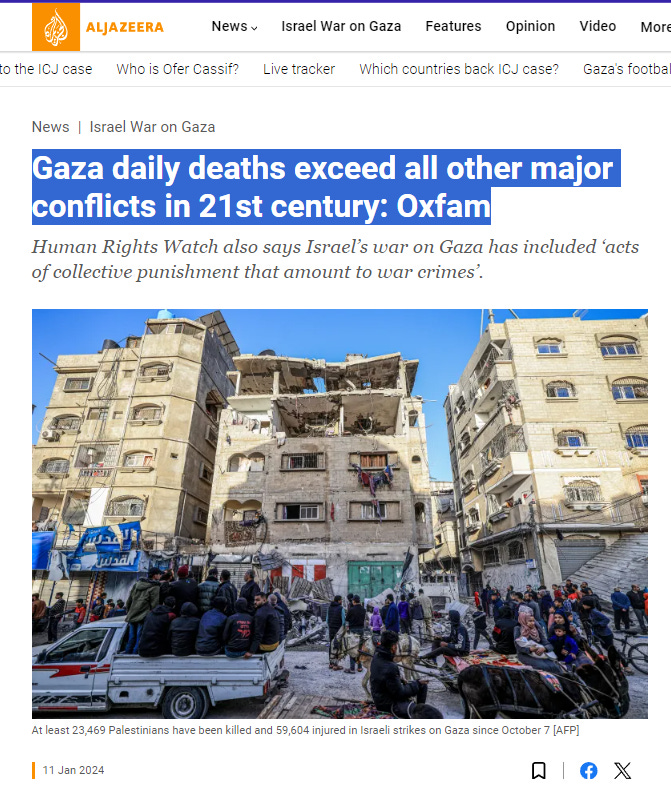
CNN: One in 100 people in Gaza has been killed since October 7
Our President, Joe Biden, has long been a strong supporter of the State of Israel. The same year, Joe Biden faced off against Reagan’s Secretary of State George Shultz in 1986 regarding the Reagan administration’s tacit support of Apartheid South Africa; Biden stated:
“If there were not an Israel, we’d have to invent one,” Biden said in the Senate session in 1986 after sending Israel $3 billion. America funds Israel “to protect US interests in the region.”
Video below & Video Link from Middle East Eye:
Directly from the U.S. State Department:
Steadfast support for Israel’s security has been a cornerstone of American foreign policy for every U.S. Administration since the presidency of Harry S. Truman. Since its founding in 1948, the United States has provided Israel with over $130 billion in bilateral assistance focused on addressing new and complex security threats, bridging Israel’s capability gaps through security assistance and cooperation, increasing interoperability through joint exercises, and helping Israel maintain its Qualitative Military Edge (QME).
The power of Israel, from its founding, has come from and by the United States, and in turn, pro-Israel lobbying firms(like AIPAC) spend millions of dollars every year to influence U.S. elections, like many other countries do, to maintain U.S. candidates and policies in support of their national project. This American Support for Israel notably includes military funding and funding for weapons that are currently being used in Gaza.
On November 27, 2023, Caroline B. Glick, the senior contributing editor of Jewish News Syndicate, published in her column an article titled “Biden is the primary obstacle to Israeli victory,” in which she cites an interview of retired IDF Maj. General Yitzhak Brick, in which he says below a sentiment I think every American taxpayer should grapple with while thinking about this conflict
“All of our missiles, the ammunition, the precision-guided bombs, all the airplanes and bombs, it’s all from the U.S. The minute they turn off the tap, you can’t keep fighting. You have no capability. … Everyone understands that we can’t fight this war without the United States. Period.”
-Maj. General Yitzhak Brick
Today, on January 11, 2024, South Africa formally brought genocide charges against Israel at the International Court of Justice(ICJ) in The Hague. South Africa's charges are based on the 1948 Genocide Convention and include the following acts of killing Palestinian civilians in Gaza, causing serious bodily and mental harm to Palestinians in Gaza, and inflicting conditions of life on Palestinians in Gaza that are calculated to bring about their physical destruction.
U.S. National Security Council spokesperson John Kirby last week called the lawsuit “meritless, counterproductive, and completely without any basis in fact whatsoever,” while Israel has rejected it as “blood libel.”
Israel is represented by Malcolm Shaw, KC, and the South African legal team includes John Dugard, Tembeka Ngcukaitobi, and Vaughan Lowe, KC. This case at the ICJ will take years to conclude or reach a verdict formally, and I don’t trust anyone who knows what the outcome will be. Still, hopefully, at least in some way, South Africa, a nation with a similar history to that of Israel, and its delegation, along with their case, may help prevent bloodshed and lead to justice at the highest level, now and in the future.
I guess if you’ve read this far, you understand the point of this whole essay/post is to highlight the hypocrisy and a contradiction, but for me, this was spurred by confusion and disappointment towards my head of state and the Government I’ll pay taxes to. It isn’t a gotcha; in 1986, Senator Joe Biden of Deleware was a moral, correct, and righteous actor in calling for the end of South African Apartheid and the Comprehensive Anti-Apartheid Act, which makes it even worse when I wake up every morning to news of continued bloodshed finacially supported by the Biden admin at the United Nations with their vetos on a ceasefire. It’s just sad, knowing that Joe Biden has had it in him to chart another path. He’s one of the only men on the planet with any power whatsoever to do so.
Biden: Let's be for the oppressed, whatever they happen to be.

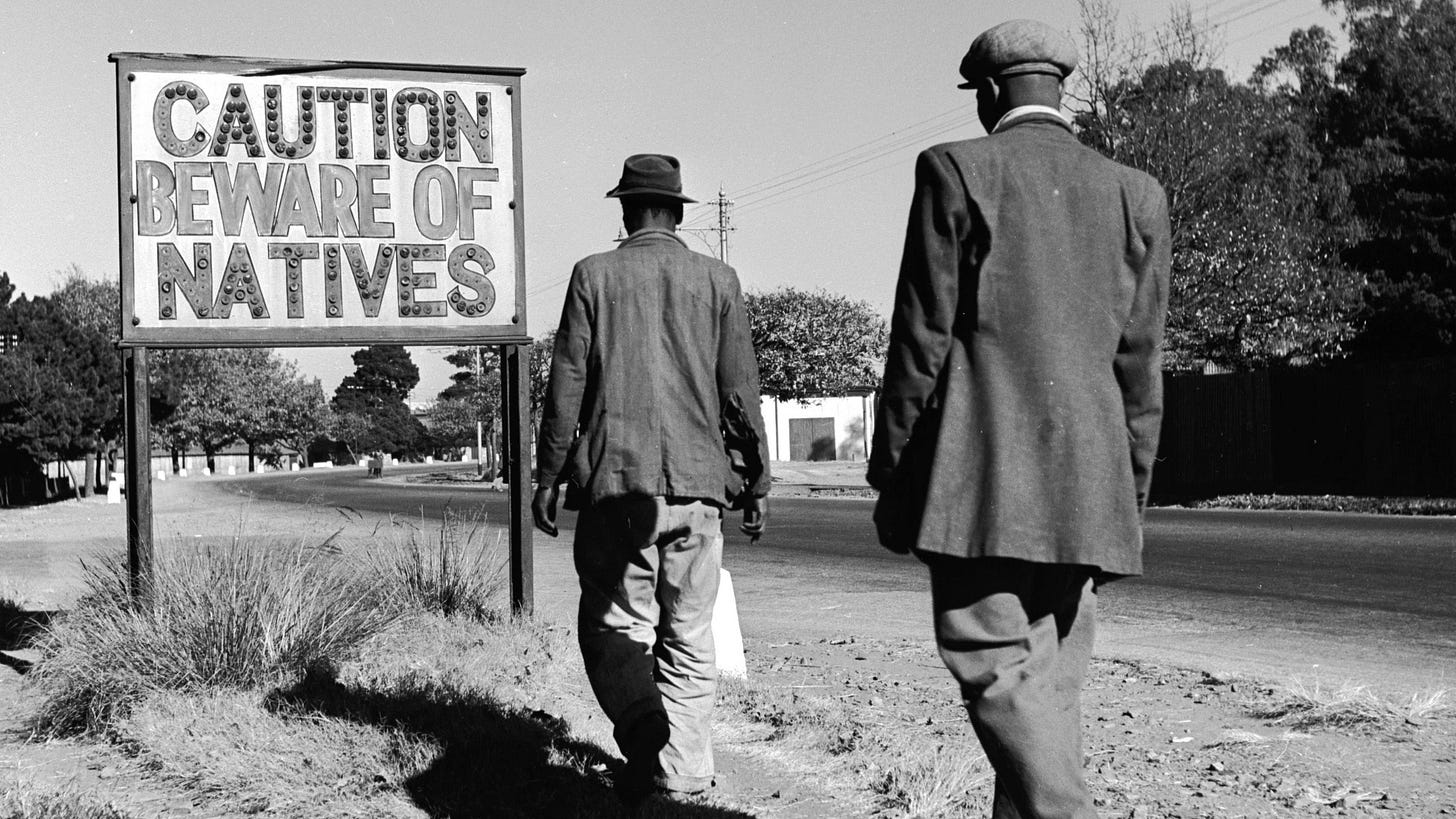
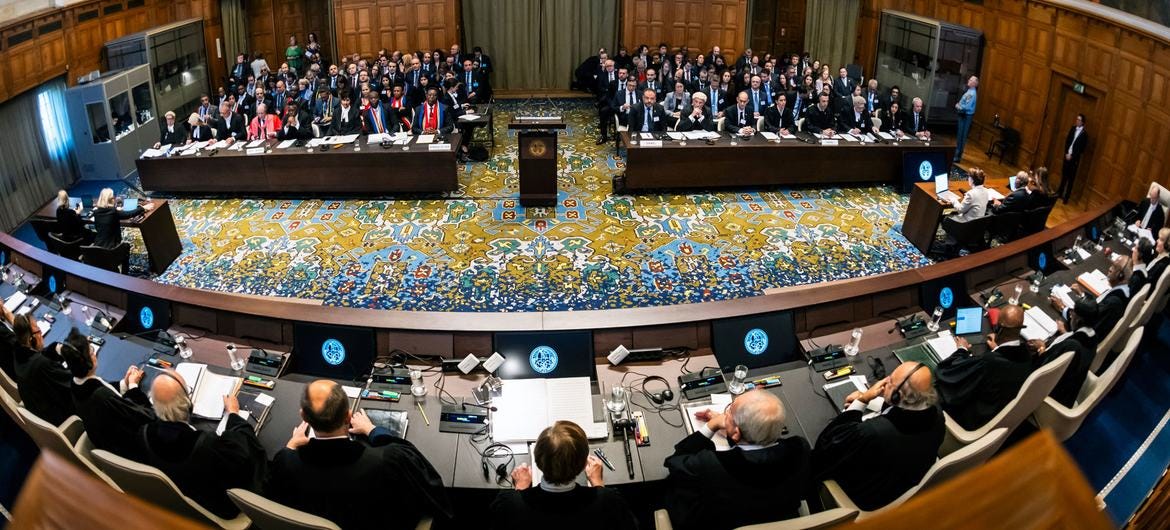
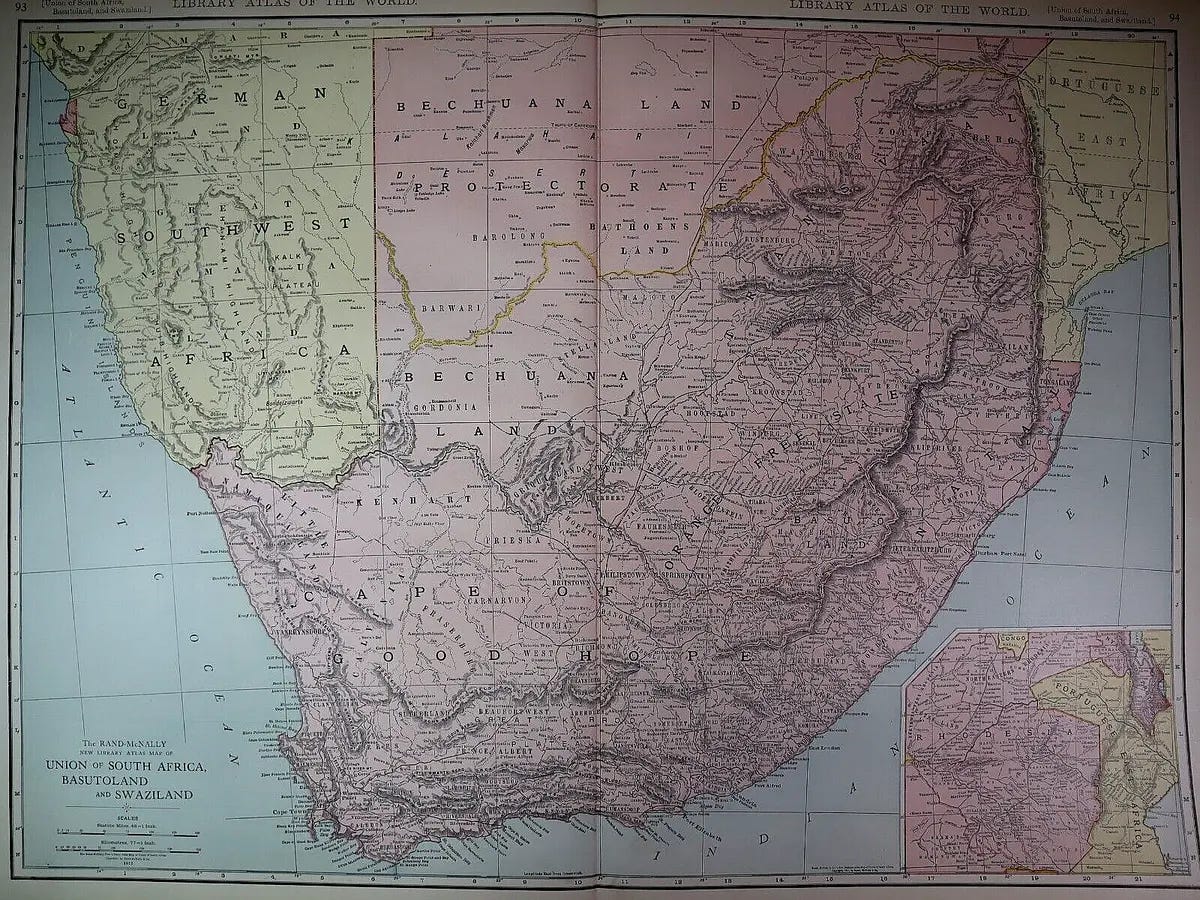
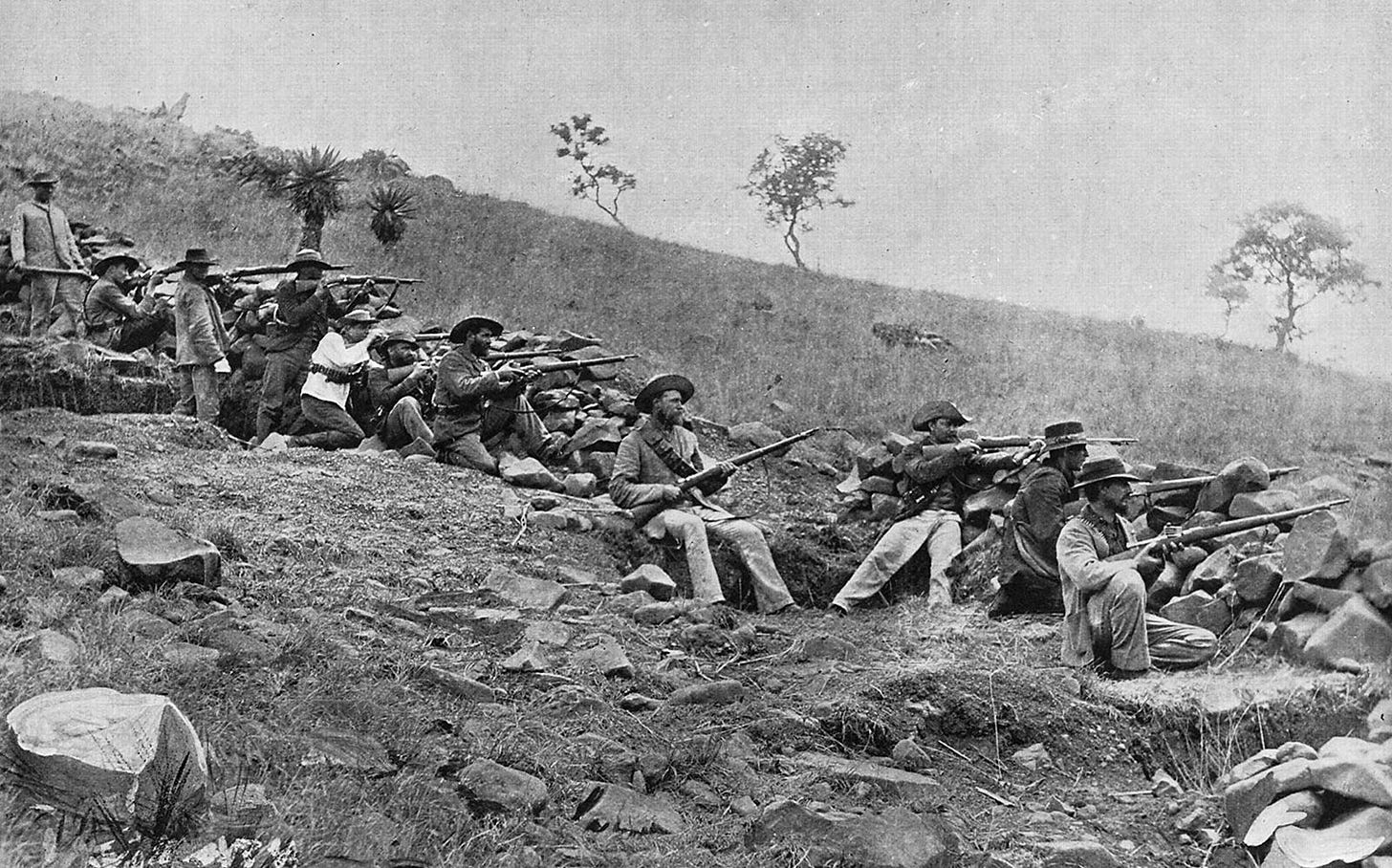
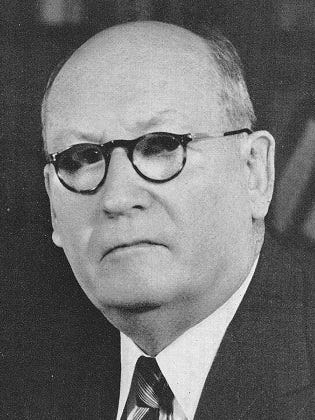
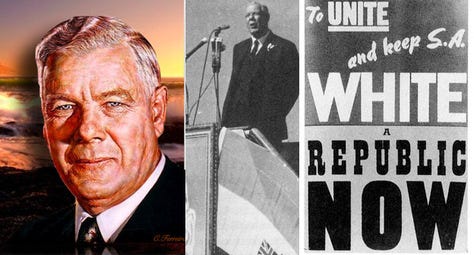
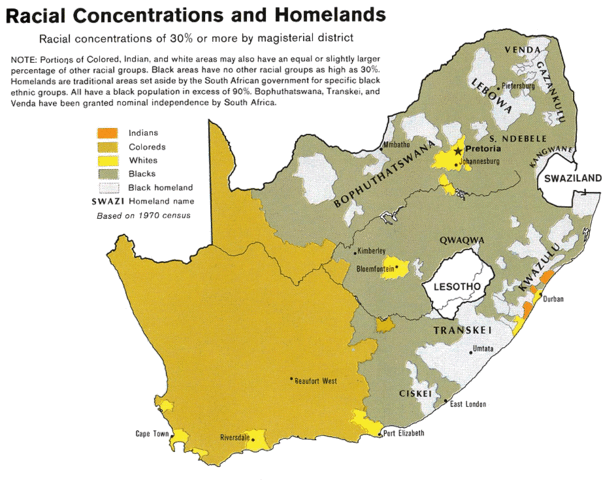
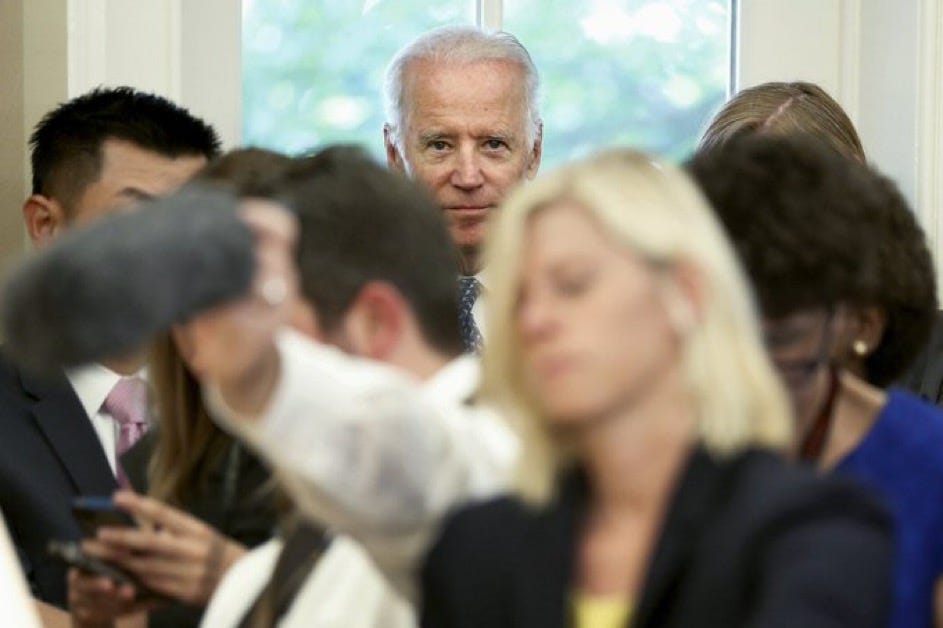
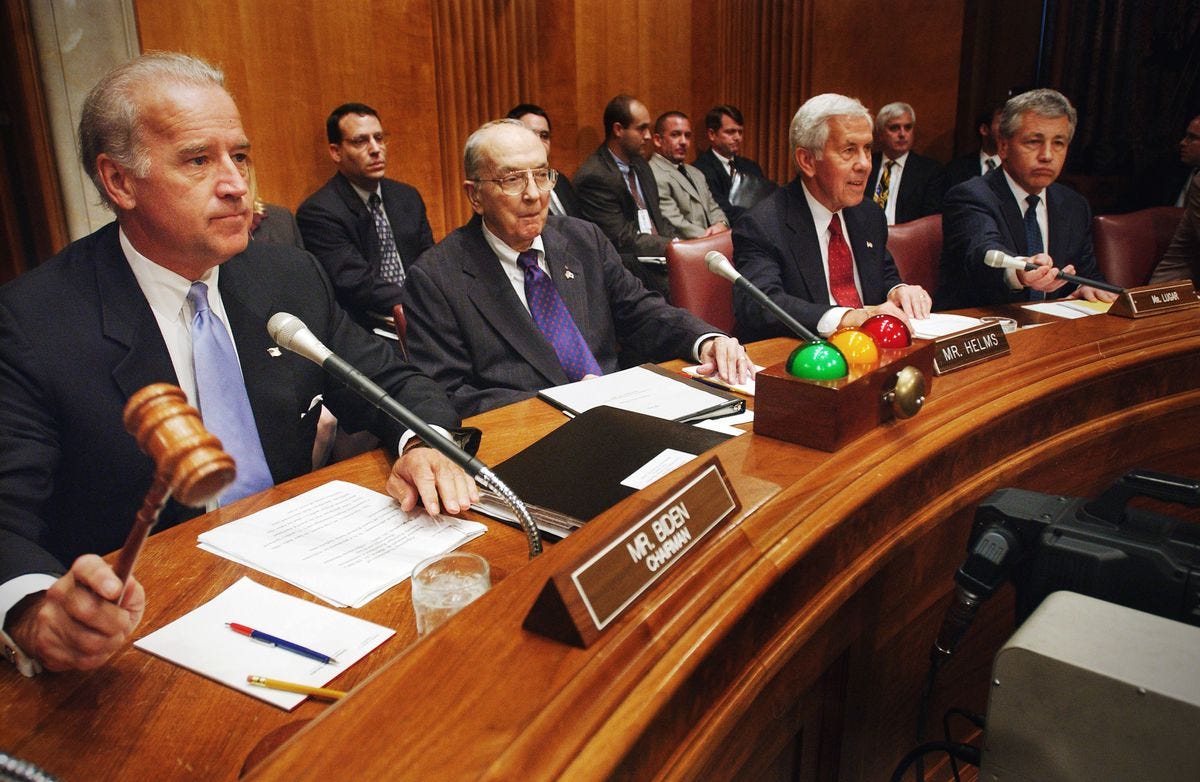
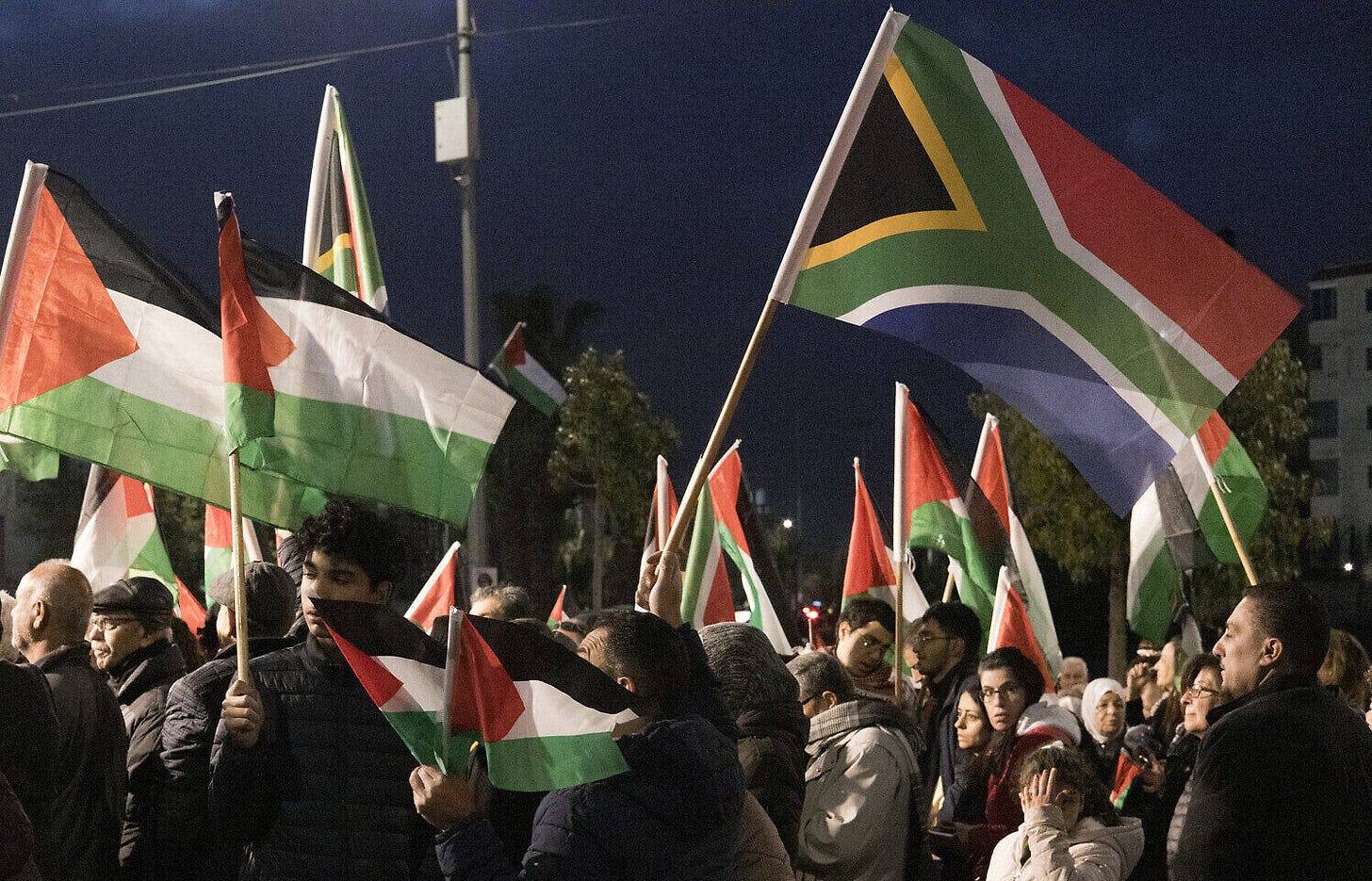
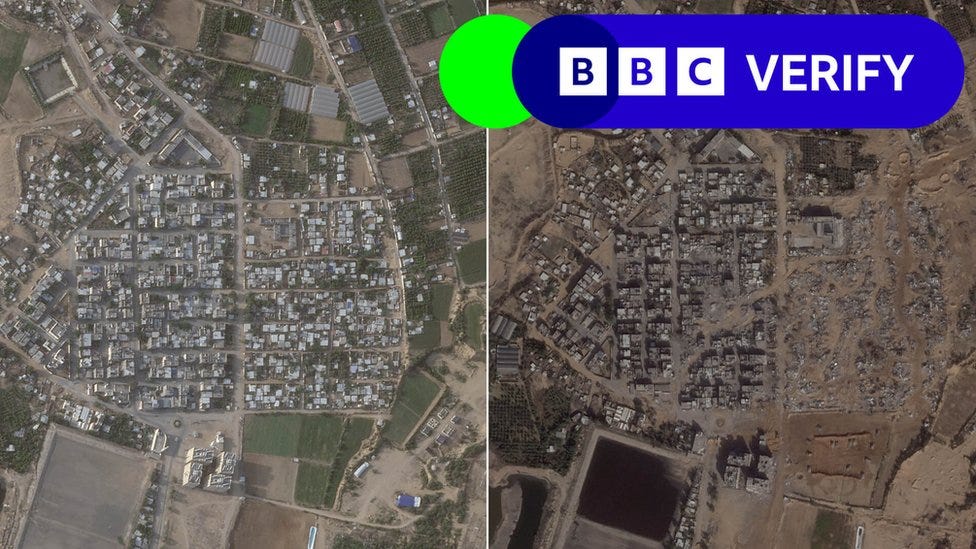
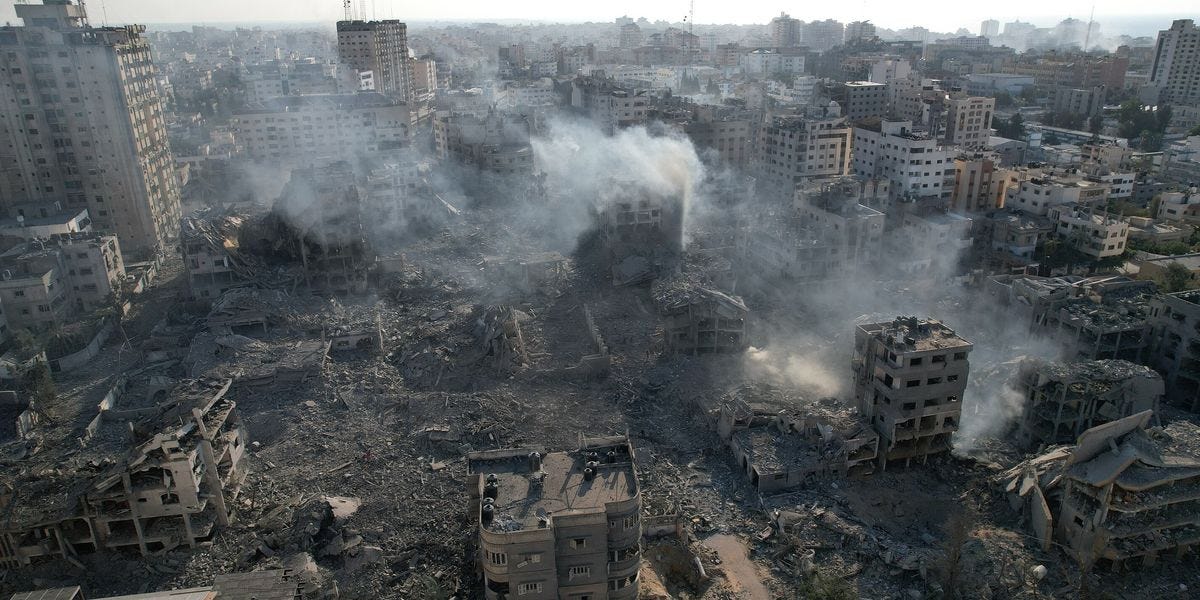
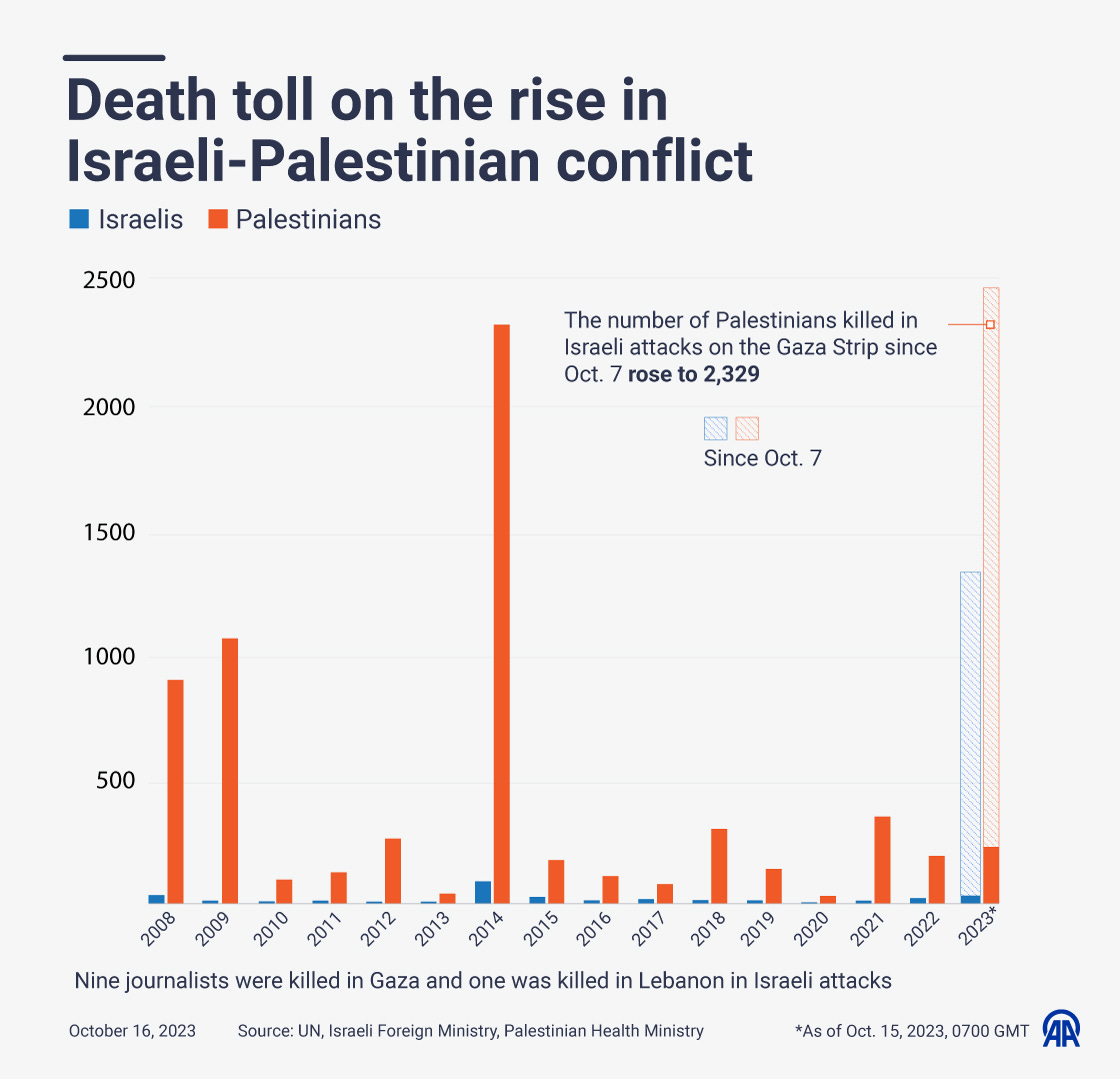
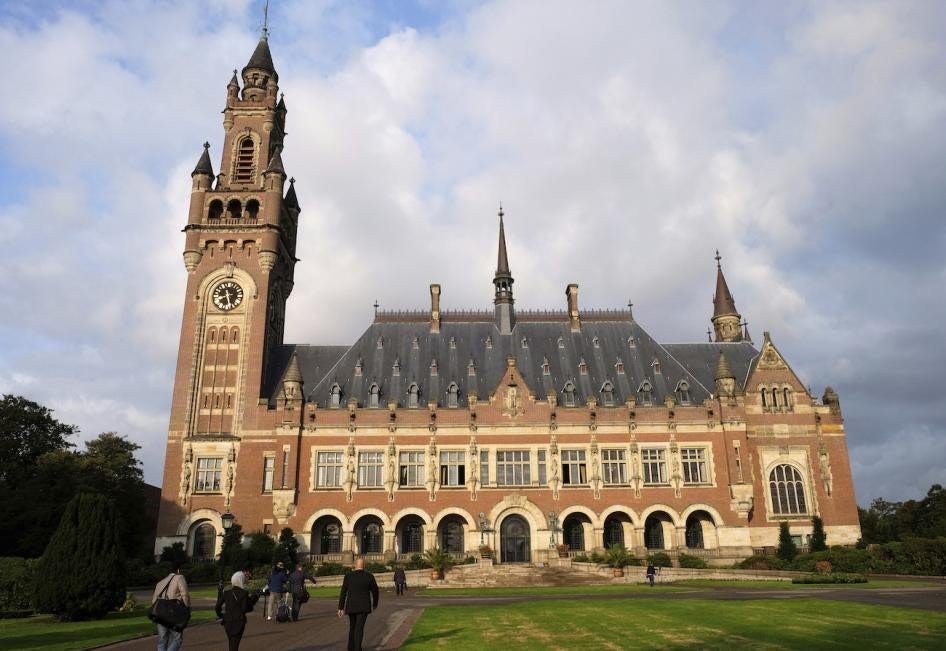
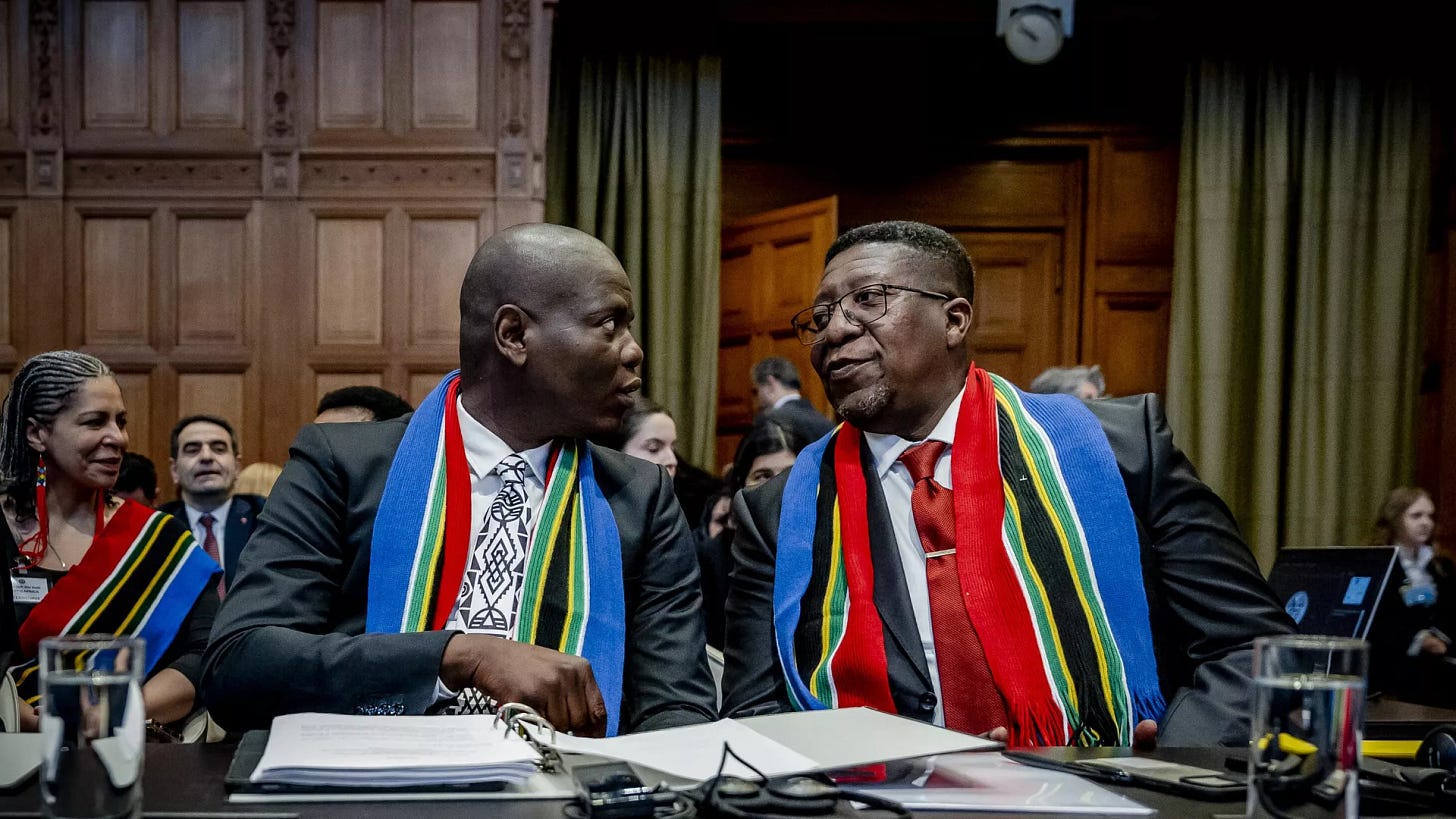
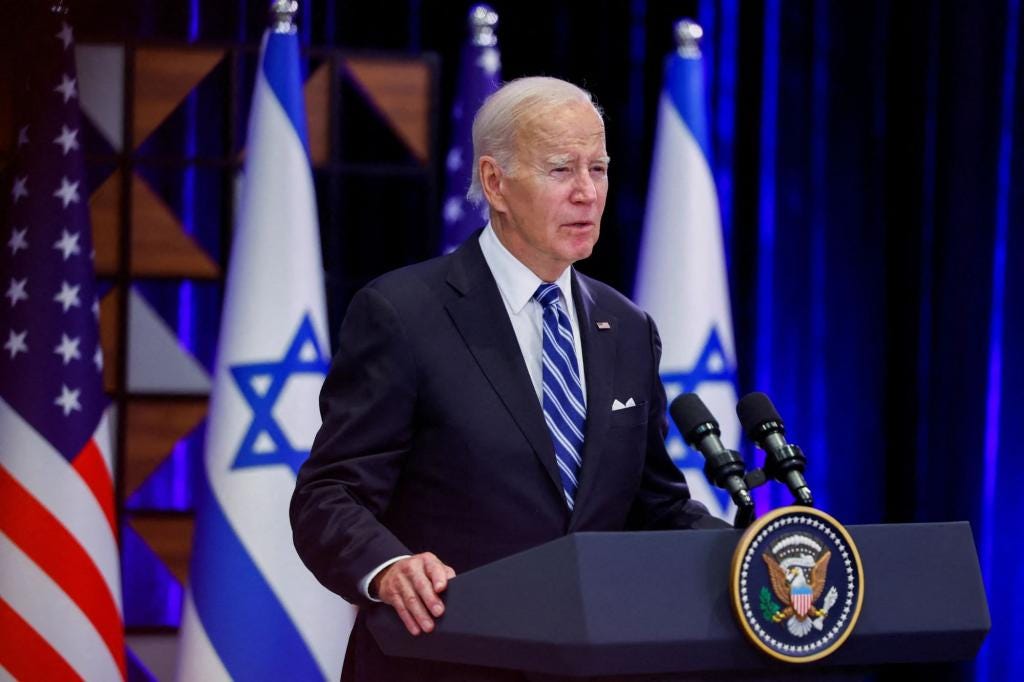
Great work
Well written! Thanks for sharing your insight!